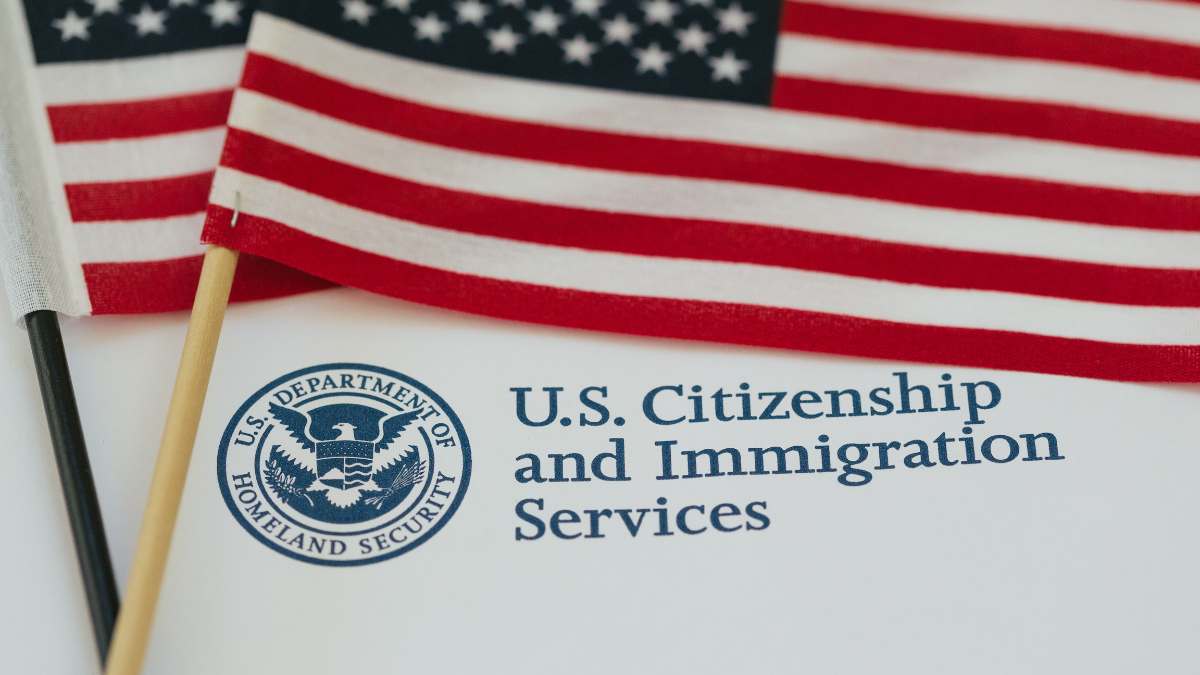Migrants who have been living legally and permanently in the United States for five years (depending on their specific situation) have the opportunity to apply for U.S. citizenship, provided they meet additional criteria. This information is available on the official portal of the United States Citizenship and Immigration Services (USCIS).
Applicants must satisfy a set of specific conditions that ensure their eligibility to become U.S. citizens. With citizenship, they will gain access to a variety of rights and also be expected to uphold certain responsibilities.
Naturalization is the process through which a foreign national acquires U.S. citizenship. This procedure is tailored for those who were not born in the country but wish to become full citizens, as long as they comply with the requirements set by Congress in the Immigration and Nationality Act (INA).
With this condition, individuals gain access to certain benefits and must adhere to specific responsibilities.
Beginning the Naturalization Process: Key Requirements
The most common requirement for initiating the process of naturalization is having been a legal permanent resident (LPR) for at least five years. However, this is not the only criterion; there are several other factors that determine eligibility.
In addition to having resided in the country for five years as a permanent resident, the USCIS establishes other requirements that applicants must meet to obtain citizenship. These include:
- Being at least 18 years old at the time of application.
- Demonstrating good moral character, which means not having committed certain serious crimes.
- Being able to read, write, and speak basic English, except in specific exceptions.
- Proving physical presence in the U.S. for at least 30 months out of the five years immediately preceding the filing of Form N-400.
- Understanding the fundamentals of U.S. history and the principles and form of government.
- Living for at least three months in a state (or district) where the USCIS has jurisdiction.
- Committing to support and defend the U.S. Constitution.
- Taking an oath of allegiance to the country.
These criteria are designed to ensure that new citizens are well-prepared to embrace the responsibilities and rights that come with U.S. citizenship.
Being a person with a good moral character and having the ability to read, speak, and write basic English are some of the key requirements for applying for citizenship. (REUTERS/Shannon Stapleton/File Photo)
The Path to Citizenship: A Unifying Journey
USCIS authorities view naturalization as “the thread that binds all Americans together,” and with this unity, every individual gains access to a range of rights and must also fulfill certain responsibilities.
Upon becoming a U.S. citizen, you will enjoy numerous rights, including:
- Freedom of expression
- Freedom to worship as you choose
- The right to a fair and speedy trial by jury
- The right to vote in elections for public officials
- The right to apply for federal employment requiring U.S. citizenship
- The right to run for elected office
- Freedom to pursue “life, liberty, and the pursuit of happiness,” as described by immigration authorities on the official USCIS website




